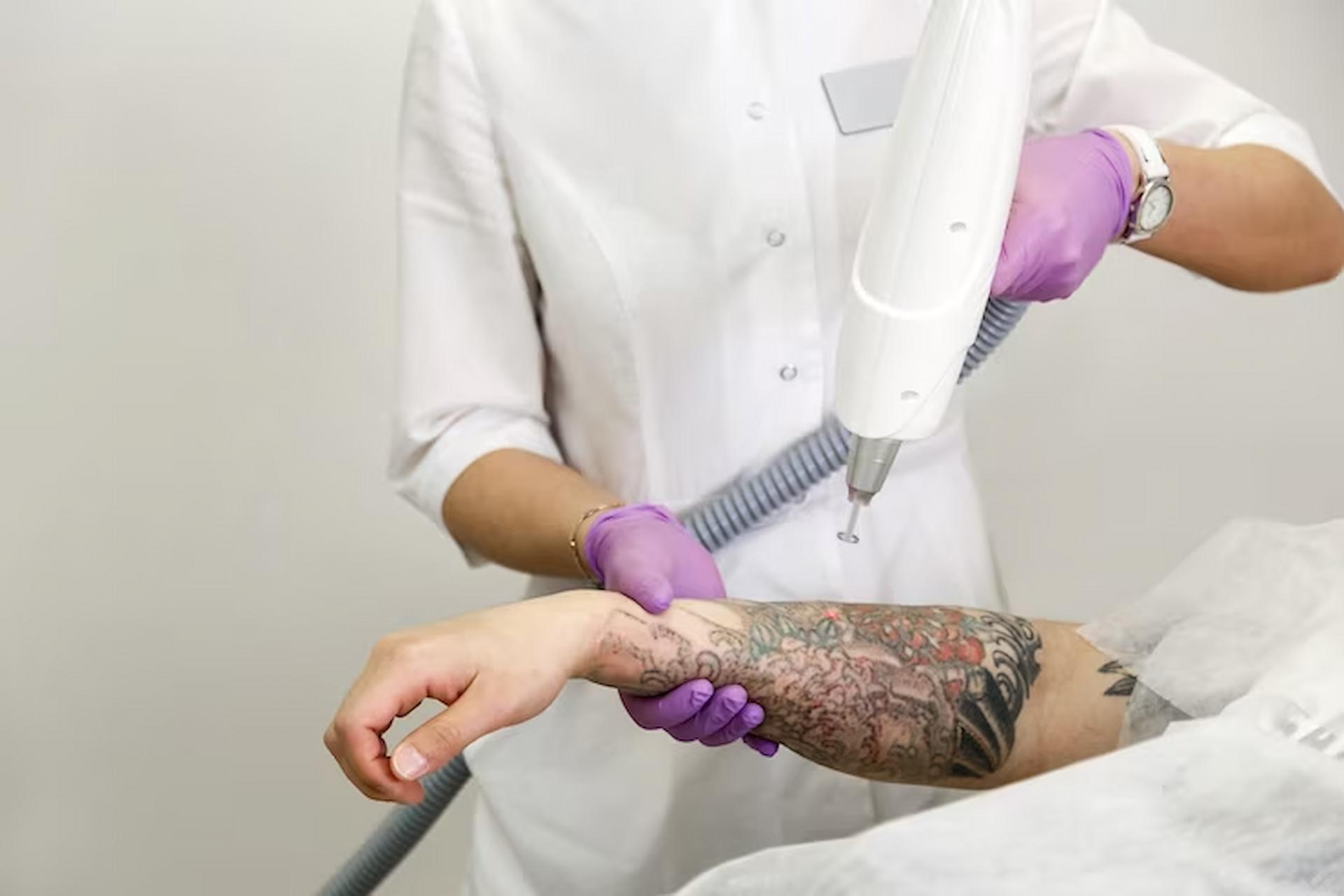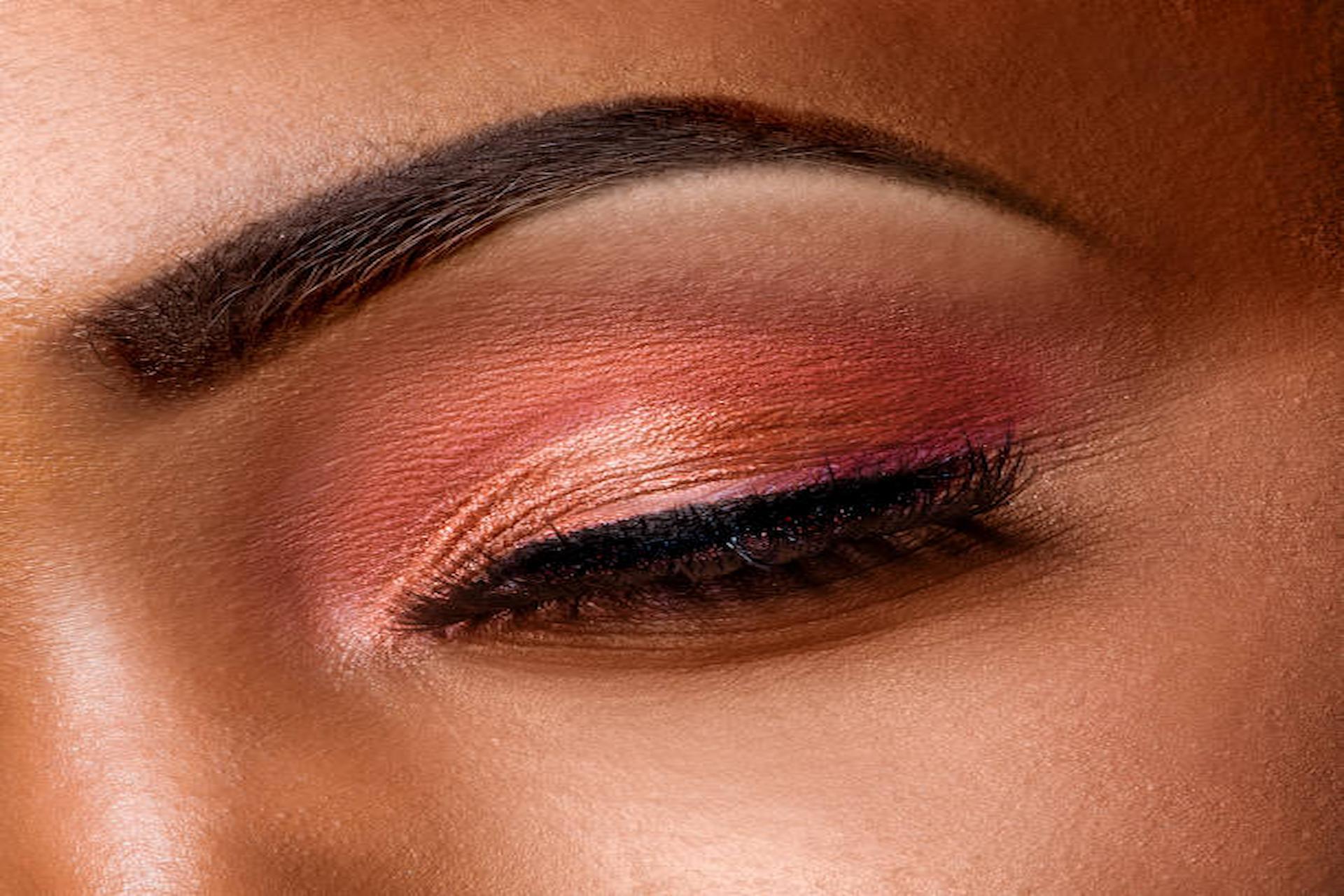Embarking on the journey of tattoo removal can be a daunting yet liberating decision. While laser tattoo removal is considered a safe and effective method, there are instances when it may not be the best option. Understanding the scenarios where laser tattoo removal poses risks is crucial for making informed decisions about your skin’s health and overall well-being.
As leading experts for tattoo removal in London, the team at Tattoo Removal Experts only carry out the procedure on clients who are suitable, ensuring that it is always carried out safety.
Recent Tattoos and Healing Skin
One of the primary considerations for the safety of laser tattoo removal is the age of the tattoo.
Laser removal works best on tattoos that have had time to settle, allowing the ink to stabilise in the skin. Attempting to remove a fresh or recently acquired tattoo can lead to complications such as scarring and incomplete removal.
Dermatologists often recommend waiting at least six months to a year after getting a tattoo before opting for laser removal.
Skin Conditions and Sensitivities
Individuals with certain skin conditions or sensitivities may face increased risks during laser tattoo removal.
Conditions like eczema, psoriasis, or dermatitis can disrupt the skin’s natural barrier, making it more susceptible to adverse reactions from laser treatments.
It’s crucial to consult with a dermatologist before undergoing laser removal, as they can assess the condition of your skin and provide guidance on the safest approach.
Pregnancy and Breastfeeding
Pregnant individuals and those breastfeeding are generally advised to postpone laser tattoo removal.
While research on the specific effects of laser treatments during pregnancy is limited, the potential risks to the developing foetus or breastfeeding infant warrant caution.
Hormonal changes during pregnancy can also impact the skin’s sensitivity, making it more prone to adverse reactions.
Skin Type and Pigmentation
Different skin types respond differently to laser treatments.
Darker skin tones may be more susceptible to pigmentation changes, including hypopigmentation (lightening of the skin) or hyperpigmentation (darkening of the skin).
Laser removal targets the contrast between the tattoo ink and the surrounding skin, which can pose challenges for individuals with darker skin. It’s essential to choose an experienced practitioner who understands the nuances of treating diverse skin types to minimise these risks.
Health Conditions and Medications
Underlying health conditions and medications can impact the safety of laser tattoo removal.
Individuals with a history of keloid scarring, for example, may be more prone to excessive scarring after laser treatments. Certain medications, such as photosensitising drugs, can make the skin more susceptible to adverse reactions like blistering or changes in pigmentation.
Always disclose your medical history and current medications to your laser removal specialist to ensure a safe and tailored approach.
Unregulated Tattoo Removal Practices
Choosing a reputable and qualified practitioner, such as Tattoo Removal Experts, is paramount when opting for laser tattoo removal.
Unregulated or poorly trained providers may use outdated equipment, incorrect settings, or lack the expertise to navigate potential complications. Research prospective clinics thoroughly, read reviews, and verify the qualifications of the practitioners.
While laser tattoo removal is generally considered a safe and effective method for eliminating unwanted ink, it’s crucial to recognise the situations in which it may not be the safest option.
Whether dealing with recent tattoos, underlying health conditions, or concerns related to skin type, a cautious and informed approach is key.
Consulting with a qualified laser specialist is the first step in ensuring that your journey to tattoo removal is not only effective but, most importantly, safe for your skin’s health and overall well-being.




